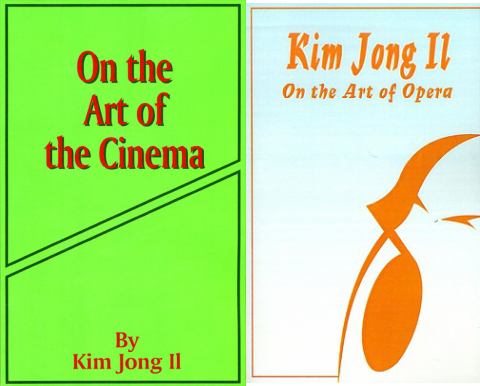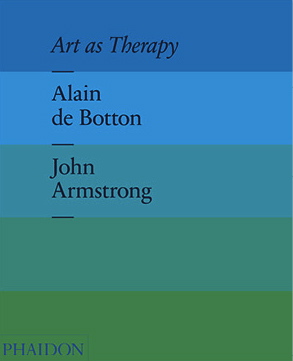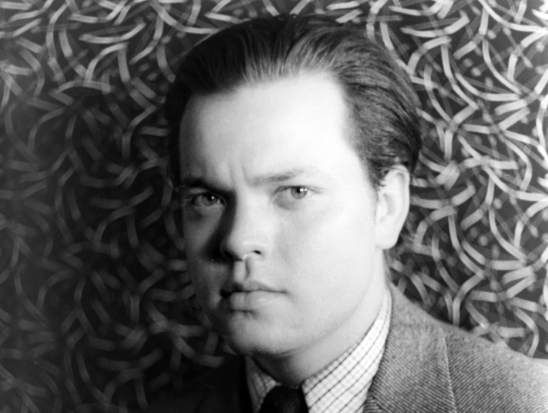Kim Jong-Il (1941–2011), son of North Korea’s despotic Kim Il-sung and a tyrant in his own filial right, had as many titles as he did talents, with honorifics including the Sun of the Nation and the Shining Star of Paektu Mountain. Highfalutin nicknames aside, the younger dictator was a pretty able guy. North Korean sources assert that the Dear Leader once shot a 38 under par with 11 birdies (in his first and only game of golf), and could alter the weather using the power of his mind. Having turned his intellect to academia, Kim wrote 1500 books while studying at university. He also theorized extensively about art, cinema, and opera.
Kim once served as the Movie and Arts Division Director in North Korea’s Propaganda and Agitation Department, and was a renowned cinephile. As befitting a man whose personal video library reportedly housed over 20,000 titles, Kim (or some unfortunate ghostwriters) published numerous lectures and pamphlets on film, some of which are available in the Democratic Republic of Korea’s E‑Library. In his text The Cinema and Directing, for example, Kim shows off his talents for writing stilted academic prose while discussing ideology:
The ideological kernel of a production is the seed which the director and all the other creative workers should bring into flower through their collective efforts and wisdom. It is not only the basis of the interpretation by the individual creative workers, but also the foundation on which they all combine to produce one single cinematic presentation. When all interpretations are conducted on the basis of one seed, they form the components of one cinematic presentation because they are built on the same foundation [et cetera, ad nauseum].
Kim also pontificated on matters of literature. The treatise, entitled Life and Literature, offers the Ever-Victorious, Iron-Willed Commander’s thoughts on the essence of writing:
Literature belongs to the domain of humanics [sic]. The essential characteristic of literature as a humanics [sic] consists of describing real people and serving man… To say that literature portrays people means that it describes people and their lives, people who live, breathe, think and act as they do in real life. That literature serves man means that it solves urgent and important human problems through people and their lives and thus teaches them what life is and influences them to lead an honourable life. It is only through an accurate portrayal of people and their lives that literature can provide proper solutions for valuable human problems, and exert a great influence on people.
The key words here are “people” and “lives.” Got it?
Lest you dismiss these writings as pseudo-intellectual nonsense, it’s important to note that some philosophical interpretation is required. It’s the meanings behind the words, and the things that Kim leaves unsaid, that make up the real meat and potatoes of the piece… Or something.
You can find more of Kim Jong-il’s writings (alongside those of his father, Kim Il-sung) at the Democratic Republic of Korea E‑Library. Other titles include On the Art of the Drama and On the Art of Opera, which gets some pretty stellar reviews on Amazon. Take for example: “With over five books published per year in North Korea, it is a challenge to pick a single favorite. However, this book is a standout for North Korean opera connoisseurs and beginners alike.”
Ilia Blinderman is a Montreal-based culture and science writer. Follow him at @iliablinderman.
Related Content:
North Korea’s Cinema of Dreams
A Slo-Mo Look Inside North Korea
Orchestral Manoeuvres in North Korea Prove Yet Again That Music is Universal






